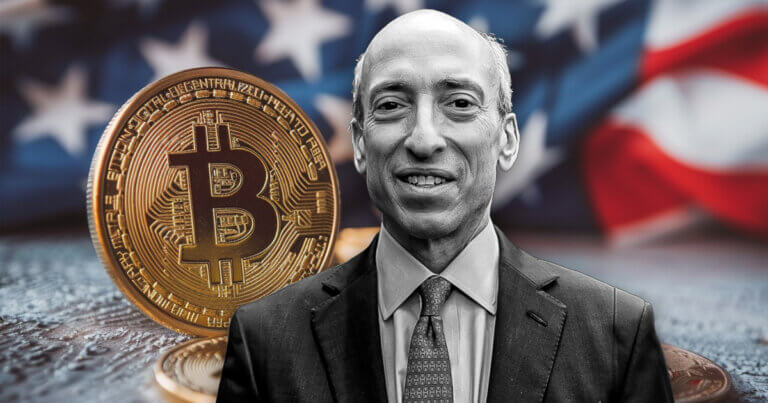
The BDN Opinion section operates independently and does not set news policies or contribute to reporting or editing articles elsewhere in the newspaper or on bangordailynews.com
As expected, Maine’s election went off without too many hijinx. The double counting of ballots in Sanford was a strange development but identified and corrected quickly. The fact that it led to a tie was a quirky coincidence.
Maine’s 2nd Congressional District’s ranked-choice runoff added another wrinkle. Efforts to add ranked-choice voting in a variety of states failed at the ballot box. Alaska — the only other state with the system enshrined in law — appears to have repealed it. This reignited the debate here in Maine whether we should retain the ranked-choice regime.
Meanwhile, many of those who went to the polls last Tuesday were asked to sign a petition to pass a law requiring voter identification. By all accounts, the question appears headed to the 2025 ballot unless the Legislature passes it.
Cowards and provocateurs called in threats to schools across the state, which often doubled as polling places. That led the Sportsman’s Alliance of Maine to support an effort to make Election Day a holiday. If kids aren’t in school, then there can’t be threats of school shootings.
The Bangor Daily News opinion editors sounded a similar note, although arguing for a new holiday under the theory that it might increase voter turnout. They noted reelected U.S. Sen. Angus King previously proposed moving federal elections to a weekend for the same reason.
Lastly, the Maine Wire Editor-in-Chief Steve Robinson reported that more than 6,000 overseas ballots were cast, while voter records showed that fewer than 2,000 overseas absentee ballots were requested. These votes heavily broke in favor of Democrats, providing the margin of victory in some cases, raising eyebrows on the right.
Robinson asked Secretary of State Shenna Bellows — a former Democratic state senator — for an explanation last Friday. During a WVOM interview Wednesday, she could not explain the 4,000 gap between requested ballots and votes cast. Later that day, Bellows’ deputy said that not all overseas ballot requests — UOCAVA in legalese — are categorized that way in the voter files.
If you dive into the data, that answer checks out. It wasn’t a grand conspiracy. Because Maine has a pretty good voting system.
But we can improve on “pretty good.”
With all the voting reform ideas spilling forth, there may be an opportunity to put together a comprehensive reform package. Voter ID should be part of it, because voters will almost certainly pass it at the ballot box.
Making Election Day a holiday — or moving it to a weekend — is an interesting idea. The BDN argued that “without work obligations, voting on weekends can be easier.” Unfortunately, for lots of Mainers in hospitality, retail, agriculture, fisheries, law enforcement, medicine and other professions, weekends do not lack work obligations.
Saying “holiday” is not a magical talisman that solves these problems, to say nothing of Sabbath issues for people of faith. The simple solution is absentee voting, which we already have.
Revisiting ranked-choice voting is worthwhile. The Internet Archive’s Wayback Machine archived the arguments made by the proponents when Maine passed the law initially. Have the purported benefits been realized?
If majority elections are the real goal, should we pivot toward traditional head-to-head runoffs? Is certainty preferred by voters instead of the limbo of a ranked-choice runoff? All questions up for debate.
Lastly, we can ask whether having the Legislature elect our chief elections officer — almost always a politician from the majority party — is the best way to instill confidence in the system. Or should we change how state constitutional officers are selected, making them similar to cabinet officials?
Should elections be moved away from a single politician and instead moved to a bipartisan committee, similar to the Federal Election Commission or Maine’s Ethics Commission?
It seems as if the incoming Maine Legislature will have plenty of proposals looking to alter our voting system. We’ve got a pretty good system today. With changes, it can get even better.









